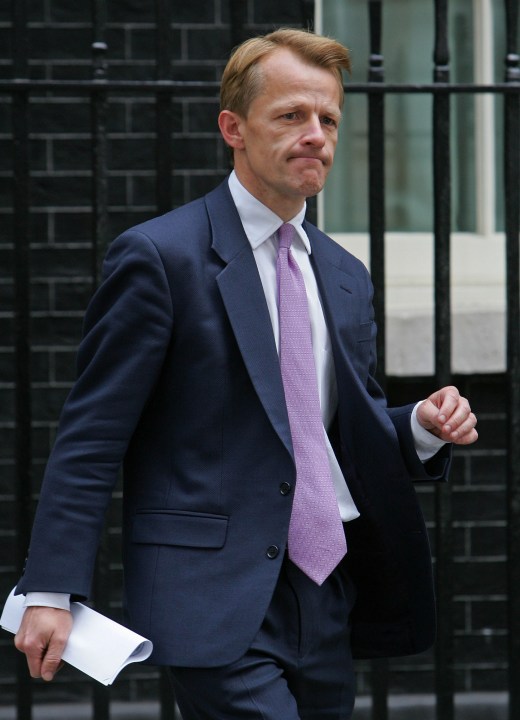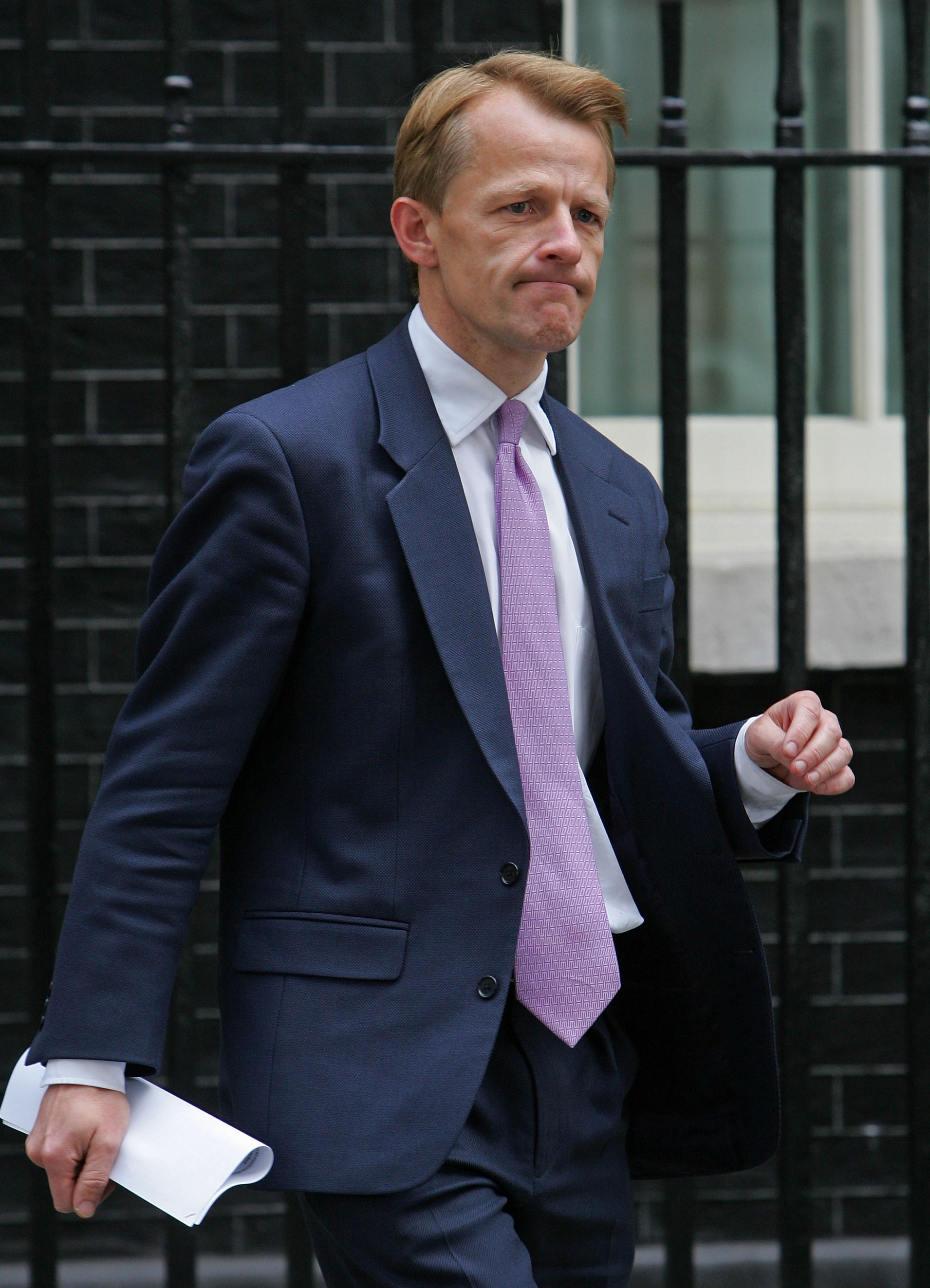 Here’s one grace note to this parliamentary term so far: the return of David Laws to
public life. Since it was revealed that the former chief secretary to the
Treasury has written a book about the formation of the coalition government, he has made more and more regular forays into the outside world. Last week, it was an appearance before the Commons’ political and constitutional reform committee. This weekend, he
admitted that he still harbours ambitions to be “in the frontline” of politics. And today he’s
got an article, co-written with the Lib Dem think-tanker Julian Astle, on the pupil premium in the Financial Times.
Here’s one grace note to this parliamentary term so far: the return of David Laws to
public life. Since it was revealed that the former chief secretary to the
Treasury has written a book about the formation of the coalition government, he has made more and more regular forays into the outside world. Last week, it was an appearance before the Commons’ political and constitutional reform committee. This weekend, he
admitted that he still harbours ambitions to be “in the frontline” of politics. And today he’s
got an article, co-written with the Lib Dem think-tanker Julian Astle, on the pupil premium in the Financial Times.
His argument in the FT piece is worth noting down, not least because Laws developed much of the thinking around a pupil premium outside of government. Here’s the crux of it:
It is difficult to tell, from these interventions alone, whether Laws is gunning all-out for a return to government. But, in any case, the esteem with which he’s held in Tory and Lib Dem circles means he will remain an influential figure in the months to come.“…if the potential of this policy is to be realised, the government must guard against a number of risks. The most obvious is that head teachers and governors will try to use pupil premium money to plug holes in their budgets – a temptation given funding constraints. Money could also be spent on things that are popular with teachers, but which the evidence suggests do little, directly, to boost student performance; the rapid recruitment of classroom assistants in recent years being one example. One way to guard against these risks – the one the last government would have chosen – would be to tell schools how to spend the money. But such an approach assumes politicians are better placed than school leaders to respond to the varying needs of pupils and communities. It is an approach the coalition is right to reject. So instead the coalition must set itself a more difficult task: giving schools discretion over how the funds are used, but also creating an accountability system that forces them to answer for their decisions. Schools should be free to experiment. It is what they achieve, not how they achieve it, that should interest government. They must be accountable through the inspection system for closing the performance gap. School leaders should therefore be aware that if the government gives them these freedoms, they are doing so with conditions. Those schools that fail to deliver better outcomes – those who spend their pupil premium money in ways that do not improve pupil performance – should expect government to take a much closer interest in their affairs. Such schools should be supported, perhaps even required, to use tried and tested pedagogical techniques in return for further additional investment.”







Comments